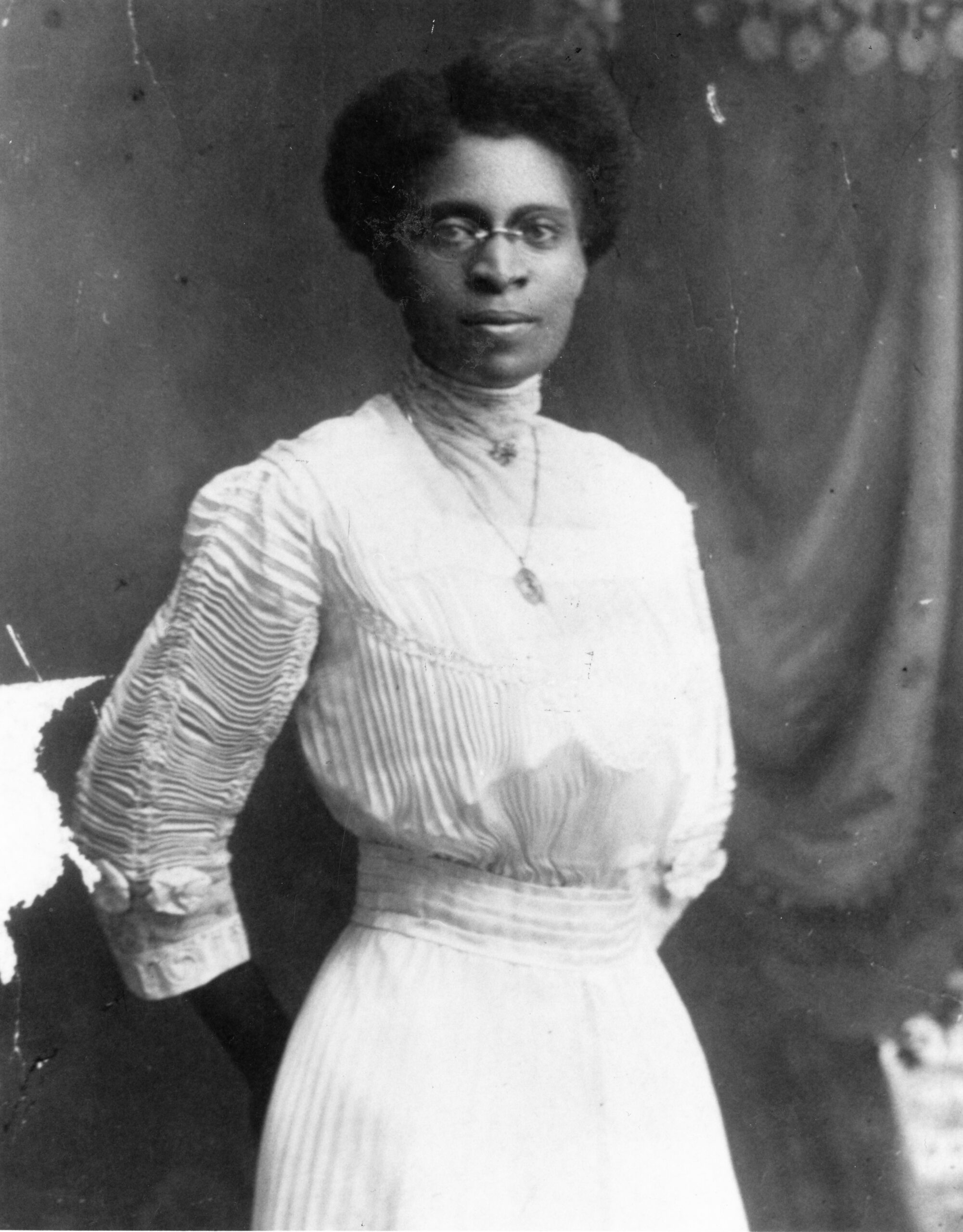
Celebrating Educators for Black History Month: Charlotte Hawkins Brown
For Black History Month, we will feature several Black educators who made an impact on the American landscape. Our first feature spotlights Charlotte Hawkins Brown.
Charlotte Hawkins Brown stands as a monumental figure in American education and civil rights history, embodying the spirit of resilience, innovation, and dedication to uplifting the African American community. Her life’s work, centered around the Palmer Memorial Institute in North Carolina, showcases her commitment to providing quality education to African Americans during the era of segregation, thereby challenging the pervasive racial inequalities of her time.
Early Life and Education
Born on June 11, 1883, in Henderson, North Carolina, Charlotte Hawkins Brown was raised in an era when educational opportunities for African Americans were severely limited. Despite these constraints, Brown’s family prioritized education, and her academic prowess and determination led her to the Scotia Seminary (now Barber-Scotia College) in Concord, North Carolina, where she honed her intellectual and leadership skills.
Founding of the Palmer Memorial Institute
Brown’s journey as an educator began when she was invited to teach in a rural Sedalia, North Carolina, schoolhouse. Witnessing the dire educational conditions firsthand, she was inspired to establish the Palmer Memorial Institute in 1902. Named in honor of Alice Freeman Palmer, an influential figure in Brown’s life, the institute transformed from a modest, one-room schoolhouse into a prestigious preparatory school that provided African American students with a rigorous academic and cultural education, rivaling that of the best schools nationwide.
Educational Philosophy and Achievements
Charlotte Hawkins Brown’s educational philosophy was revolutionary for its time. She believed in the power of a comprehensive education that included academic rigor, cultural refinement, moral development, and social responsibility. The curriculum at Palmer Memorial Institute was designed to equip students with the knowledge and skills necessary to excel in higher education and to assume leadership roles in society.
Under Brown’s leadership, the institute became renowned for its high standards and student achievements. Graduates went on to attend some of the nation’s most prestigious colleges and universities, breaking barriers and laying the groundwork for future generations of African American students.
Legacy and Impact
Charlotte Hawkins Brown’s impact extended beyond the gates of the Palmer Memorial Institute. She was a prolific writer, speaker, and advocate for civil rights and women’s suffrage, actively participating in national organizations such as the NAACP and the National Council of Negro Women. Her work emphasized the importance of education as a means for social change and the empowerment of African Americans.
Brown’s legacy is preserved at the Charlotte Hawkins Brown Museum at Historic Palmer Memorial Institute, which serves as a testament to her life’s work and her contributions to American education and society. Her innovative approach to teaching, her unwavering commitment to her students, and her advocacy for equality and justice continue to inspire educators and activists alike.
Charlotte Hawkins Brown’s story is a powerful reminder of the transformative power of education and the impact one individual can have on the lives of many. Her dedication to uplifting the African American community through education is a beacon of hope and a call to action for future generations to continue the fight for equality and justice.
